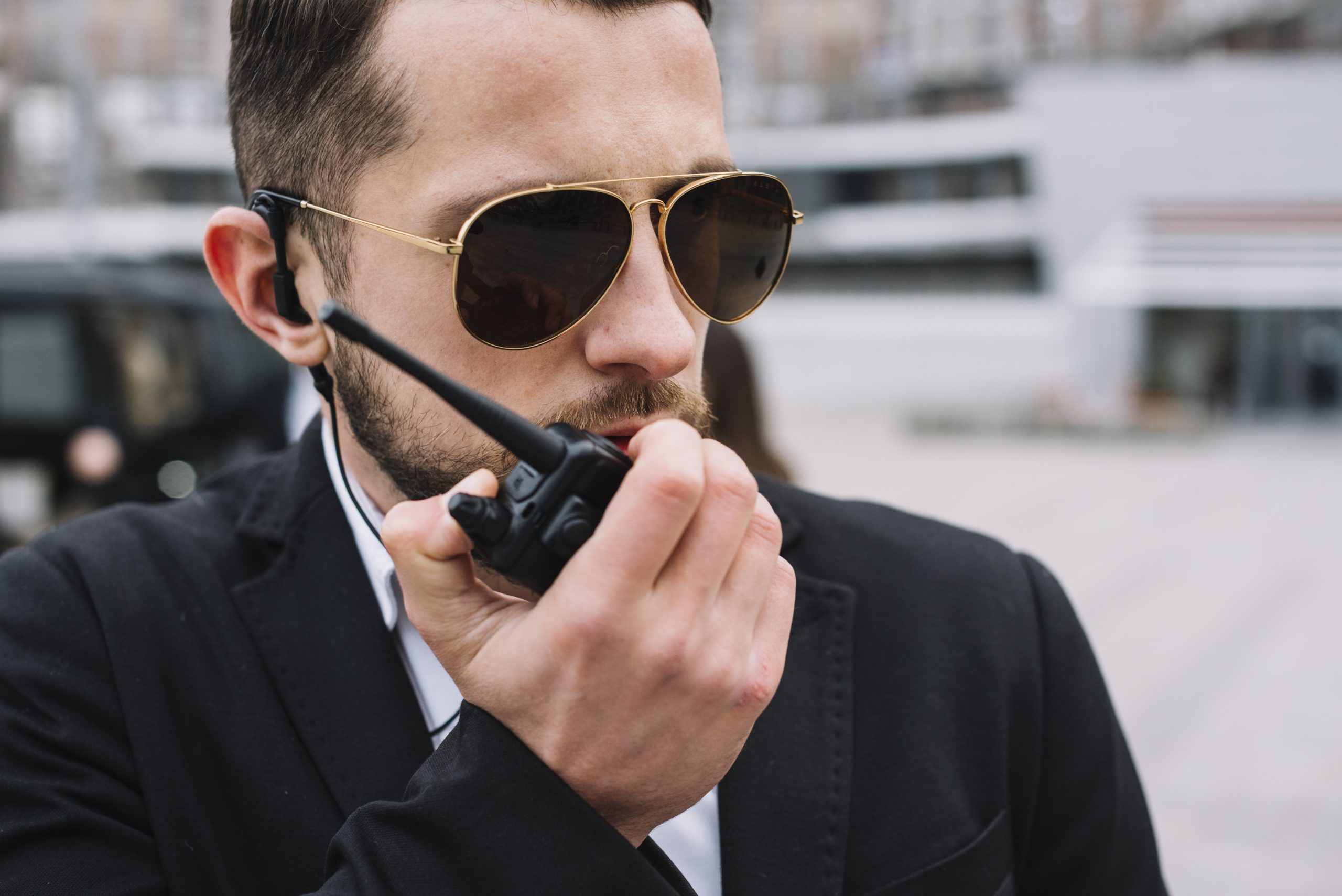Choosing the Right Security Detail for VIPs: A Comprehensive Guide
In today’s unpredictable environment, high-profile professionals confront distinct and evolving threats that necessitate specific protection. This detailed guide delves into the important factors of choosing and implementing a successful personal security detail for VIPs, ranging from business executives to celebrities. VIPs can assure their safety while still carrying out their tasks and obligations if they grasp the complexity of executive protection.
Understanding the Need for Top-Tier Security
VIPs are popular targets for a variety of dangers, including paparazzi intrusion and more serious concerns such as kidnapping or cyber-attacks. Standard security methods are frequently insufficient to address the unique issues confronting high-profile individuals. Executive protection services provide a customized approach to security, creating a seamless and inconspicuous shield that allows VIPs to focus on their vital duties without distraction.
Assessing Security Needs
The foundation of an effective security detail lies in a thorough risk assessment. This process involves:

